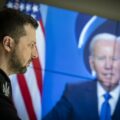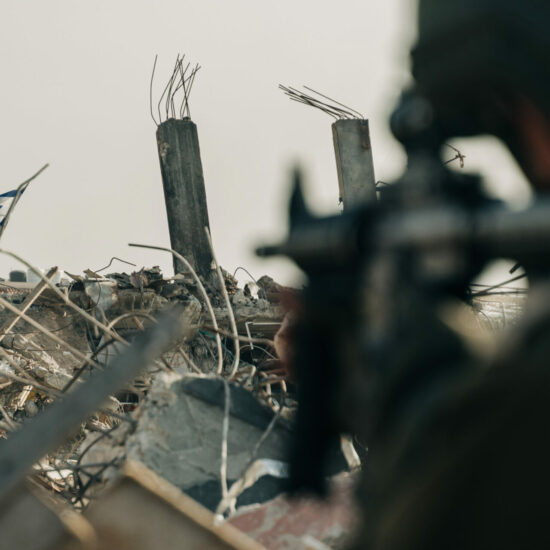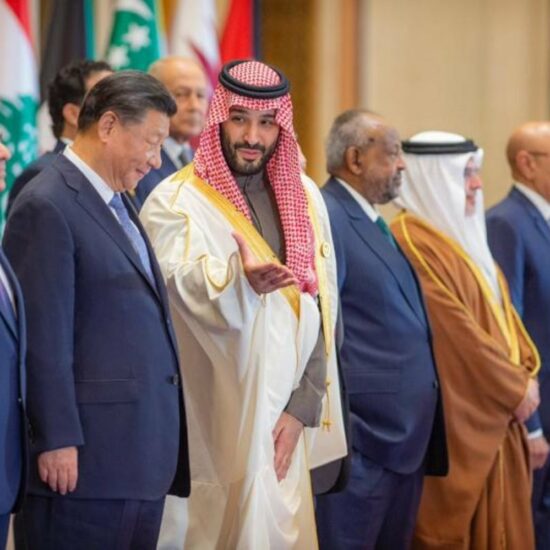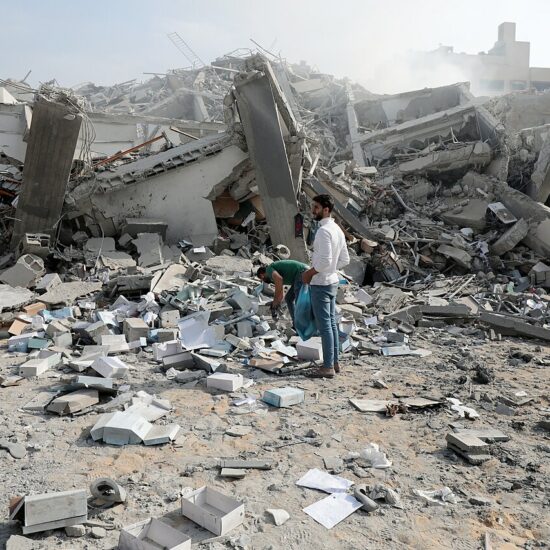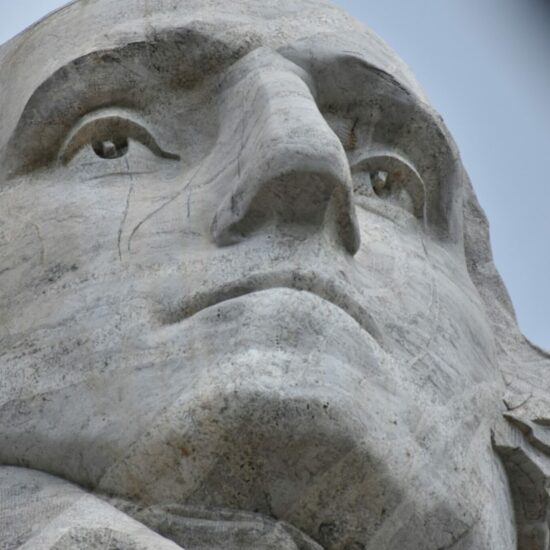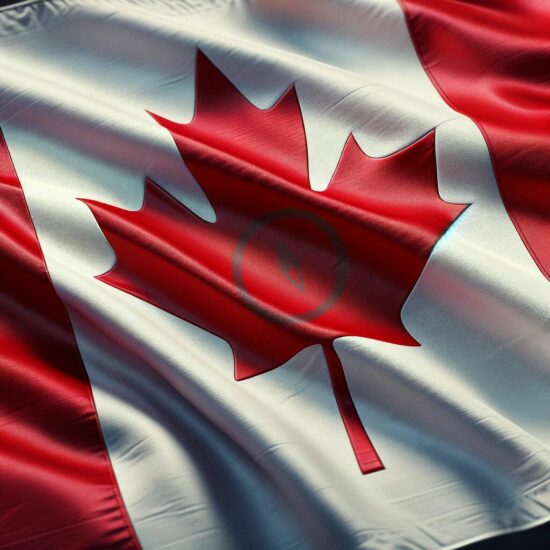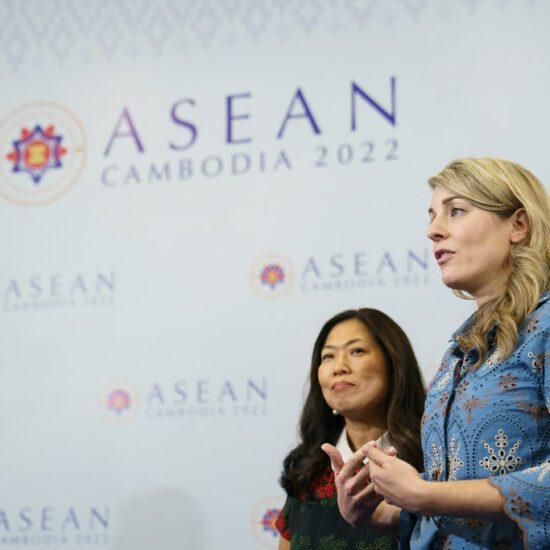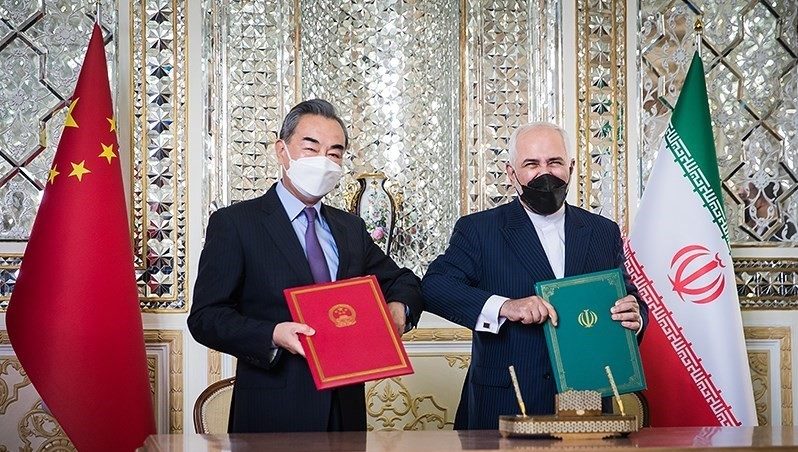
Image Credit: Erfan Kouchari
By Jacopo Scita
Back in September 2019, an article published by The Petroleum Economist (which has now mysteriously disappeared) reported a new colossal agreement between China and Iran, claiming the deal would include $400 billion in Chinese investments in the country—an extraordinary (if implausible) sum. A year and a half later, the 25-year roadmap aimed at expanding strategic cooperation between Tehran and Beijing has been formally signed, bringing to term a political neonate that was initially conceived in January 2016, was revived after America’s unilateral withdrawal from the Iran Nuclear Deal (JCPOA), and survived a highly politicised leak of an early draft document. The text of the agreement, signed on the 27th of March, has not been released so it is unclear whether the previously reported $400 billion figure is in fact accurate. Nevertheless, the 25-year strategic partnership and the long, difficult process of its negotiation deserve a closer look: while it appears the deal has not been negotiated as a binding agreement, what has emerged from five years of talks reflects the complexity of the political environment surrounding Sino-Iranian relations. The resulting partnership is a deal that is on its face less ground-breaking than imagined, and yet portends to be one with greater global than regional implications, as it marks the coming tides of geostrategic rebalancing in the multipolar world.
A Tortuous Path to Partnership
In an unprecedented appearance at a Clubhouse public meeting on March 31st, Iran’s Foreign Minister Javad Zarif declared that the agreement with China could have been signed in the summer of 2020. However, the leak of a draft version of the deal on social media deeply disappointed the Chinese counterpart, pushing back the negotiations of 9 months. Zarif’s version appears plausible: formal negotiations have been in the pipeline at least since May 2018, when the Iranian FM met with Wang Yi in Beijing — A trip that came a week after U.S. President Donald Trump announced the American withdrawal from the JCPOA. In fact, the intent to elevate Sino-Iranian relations to the level of Comprehensive Strategic Partnership (CSP) was agreed and publicly announced during Xi Jinping’s visit to Iran as part of the Chinese premier’s Middle East tour in January 2016. During that same tour, China and Saudi Arabia had also agreed to enter into a CSP arrangement.
The full extent of the difficulty in negotiations between Beijing and Tehran only become clear when these talks are contrasted against those China had with Saudi Arabia and the UAE, a difficulty that points both to the geopolitical significance of the deal and the more complex political climate surrounding the relationship between China and Iran. Beijing’s overall approach towards Tehran remains cautious and measured by the Chinese desire to also preserve the fragile balance between Iran and the Persian Gulf kingdoms. Wang Yi’s high-level trip to the region last month was a natural occasion to announce the Sino-Iranian agreement: after all, 2021 marks the fiftieth anniversary of the establishment of diplomatic relations between Iran and the People’s Republic of China (PRC) – a milestone that is perhaps meant to further tout the historical significance of the deal. But at the same time, in the course of his trip, Wang made sure to include stops in Riyadh and Abu Dhabi to provide assurances to China’s Arab partners in the region.
A Strategic Roadmap Unlikely to Alter the Balance of Power in the Middle East
What has been reported as a comprehensive agreement in the media is perhaps more akin to a memorandum of understanding – a strategic “roadmap” that sets the framework for future economic and security cooperation between Tehran and Beijing in the next 25 years. Specific projects to be completed as part of the general agreement will therefore have to be negotiated in due course. As such, while ambitious, the “agreement”, as it is announced so far, lacks the specificity and the contractual obligations that could make it a real breakthrough in the relationship between the two countries. Nonetheless, one can get a better sense of the agreement and its intended ends and designs by prisming it through the volatile geopolitics of the Greater Middle East.
China considers Iran a pivot country for its global partnership network in the Middle East, but Iran is not unique in this regard as Beijing also views Saudi Arabia and the UAE in the Persian Gulf (as well as Egypt and Algeria within the greater MENA region) as other important ‘pivots’. Therefore, the elevation of Sino-Iranian relations to the level of Comprehensive Strategic Partnership is better seen as an act perfectly coherent with Beijing’s general strategic posture in the region. In fact, the lengthiness of the negotiations, the undetermined and precarious nature of the agreement itself, and the political barriers that remain signal that Tehran is still a distance behind Riyadh and (and even more so) Abu Dhabi in developing a strategic partnership with China.
This is a reality of which the Iranians are well aware, which explains the great emphasis on the bilateral nature of the deal. Upon closer examination, it is clear that, rather than seeing the agreement as a leverage toward gaining the upper hand in regional rivalries, Tehran is hoping to capitalize on the global and symbolic implications of the partnership – with Iran looking to benefit in absolute terms from establishing a long-lasting reciprocal relationship with the world’s second-largest economy. In other words, the subliminal message that Tehran is trying to send is directed to the United States rather than to Iran’s own regional rivals, with Islamic Republic seeking to improve its (bargaining) position vis-à-vis Washington.
Likely Positive Impact on the JCPOA
China has shown a clear interest in reviving the Joint Comprehensive Plan of Action (JCPOA). On February 10, 2021, the Chinese Vice Foreign Minister Ma Zhaoxu had a phone conversation with Robert Malley, the U.S. special envoy for Iran, while during the recent meeting in Anchorage, Washington and Beijing agreed that the Iran issue is one area on which they could work together. If for nothing else, the deal will certainly provide China with a more solid footing to encourage Iran back to the negotiating table, and it is very likely that the JCPOA was a key topic of discussion in the closed-door meeting Wang had in Tehran last week. It is not a mere coincidence that shortly after the signing of the Iran-China deal a breakthrough was reached in the JCPOA talks, with the U.S. and Iran each agreeing to participate in separate discussion tracks with the Europeans meant to facilitate their return to and full compliance with the nuclear deal.
China’s positive role in the talks amounts to more than speculation as Washington’s current draconian sanctions regime against Iran represents one, if not the major, impediment to more deepening in China-Iran relations. Peaceful resolution of the Iran nuclear issue, then, remains a key part of Chinese national interest in the Middle East. With U.S. sanctions in effect, actual implementation of the 25-year partnership Sino-Iranian agreement will be exceeding difficult, complicating the two parties’ plans for concrete investment measures, bilateral trade expansion, and increased security cooperation.
Beijing’s attempts to push for a return to the JCPOA notwithstanding, Tehran will likely still try to exploit the political momentum generated by the partnership agreement as a bargaining chip against the United States and the Europeans in the JCPOA negotiations. The credibility and sustainability of Iran’s posturing will depend on just how much China will indulge and support its new partner’s leverage. Nevertheless, given that the fundamental interests of Washington, Beijing, and Tehran all converge around reviving the Iran nuclear deal, the China-Iran partnership agreement could yet prove to be a blessing in disguise for the JCPOA.
Jacopo Scita is a H.H. Sheikh Nasser al-Mohammad al-Sabah doctoral fellow at the School of Government & International Affairs, Durham University (UK). He completed the MSc in Middle East Politics at SOAS, University of London and the BA in International Relations and Diplomatic Affairs at the University of Bologna. Scita’s doctoral project explores the role taken by China within Sino-Iranian relations from the 1979 Revolution to the 2015 JCPOA. His research interests include the international politics of the Middle East with a specific focus on the Chinese interests in the Persian Gulf, Iranian foreign policy, and the analysis of nuclear politics and proliferation in the MENA region. Scita’s written works have appeared on the Atlantic Council, ISPI, LobeLog, Bourse & Bazaar, the Global Policy Journal, and the LSE Middle East Centre.

